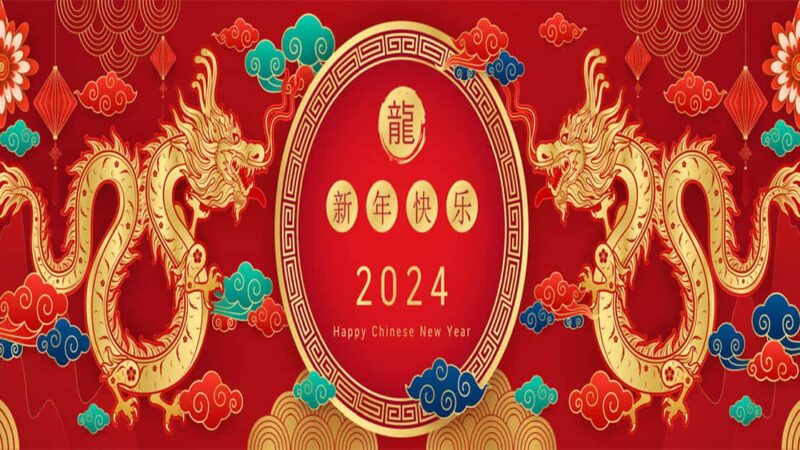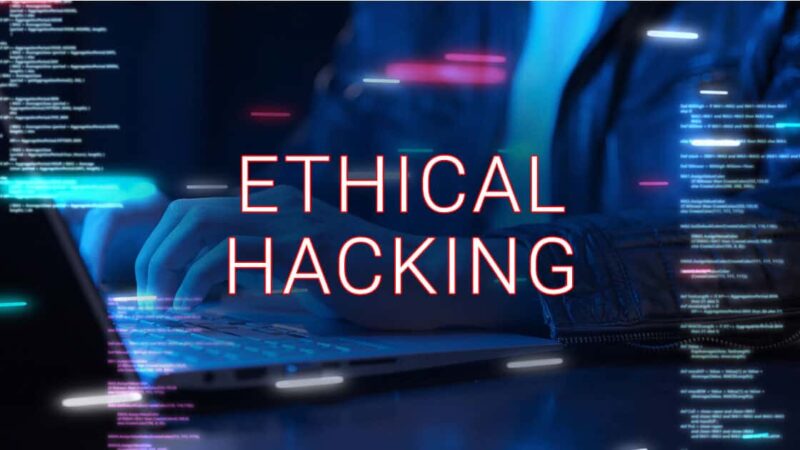Trump’s Pardon of Kushner-Linked Drug Smuggler

In the complex landscape of presidential pardons, a recent decision by President Trump has ignited controversy, casting a shadow over an ongoing investigation by the Department of Justice (DOJ). This article explores the intricacies of Trump’s pardon of a Kushner-linked drug smuggler and its potential impact on the broader DOJ inquiry.
I. Background of the Pardon:
Jonathan Braun’s Allegations:
Jonathan Braun, previously in the shadows of drug smuggling allegations, came under the Department of Justice’s scrutiny. As the case unfolded, connections to Jared Kushner, a key figure in the Trump administration, added layers of complexity to an already contentious narrative.
II. Trump’s Pardon Decision:
Unraveling Executive Clemency:
President Trump’s decision to grant clemency to Jonathan Braun sent shockwaves through legal and political circles. Scrutiny over the motives behind pardoning an individual implicated in serious criminal activities, particularly one tied to a prominent political figure, remains a focal point of analysis.
III. Undercutting the DOJ Investigation:
Timing and Consequences:
The unexpected timing of Trump’s pardon introduces challenges to the ongoing DOJ investigation. By intervening in Braun’s case, which is part of a larger inquiry, the President’s actions potentially compromise the pursuit of justice. This section delves into how the DOJ must navigate the aftermath of a controversial pardon and its implications on the broader investigation.
Intersection of Politics and Justice:
The intersection of politics and justice becomes apparent as the DOJ’s case against Braun is clouded by the unexpected exercise of executive clemency. Legal experts, lawmakers, and the public grapple with the consequences of this intervention, raising concerns about the delicate balance between political influence and the autonomy of law enforcement agencies.
IV. Public and Political Reactions:
Voices in the Arena:
Public and political responses to Trump’s pardon have been swift and varied. Social media platforms have become arenas for differing opinions, and political figures and organizations have entered the fray. This section explores the diverse reactions, highlighting the polarizing nature of Trump’s decision and its potential impact on public trust in the justice system.
Supporters vs. Critics:
Supporters argue for second chances and redemption, while critics express concerns about the precedent set by pardoning someone involved in serious criminal activities. The intertwining of politics and justice fuels discussions about the delicate balance between executive power and the autonomy of law enforcement agencies.
V. Implications for the Justice System:
Independence and Influence:
This section analyzes the broader implications of Trump’s pardon on the justice system. It explores the potential impact on public trust, considering the precedent set and its ramifications for the independence of law enforcement agencies. Questions about the ability of the justice system to function without external interference come to the forefront.
Public Perception and Rule of Law:
The long-term effects of such interventions on public perception and the rule of law are critical considerations. As the DOJ investigation continues, citizens grapple with the implications of executive actions on the principles of justice and fairness.
FAQs:
1. Did Donald Trump pardon a drug smuggler linked to Jared Kushner?
I don’t have information on such a specific pardon. It is crucial to verify this information with the latest news sources for the most accurate and up-to-date details.
2. How does a presidential pardon impact broader DOJ investigations?
Presidential pardons can be controversial, especially if they involve individuals connected to ongoing investigations. The perception of interference could raise concerns about the integrity of the justice system.
3. What powers does the President have regarding pardons?
The U.S. Constitution grants the President the authority to pardon individuals for federal offenses. This power is extensive but applies only to federal crimes, not state offenses.
4. How does a pardon affect the legal status of the pardoned individual?
A pardon forgives the convicted individual for the crime, nullifying the conviction and restoring certain rights. However, it does not expunge the record or erase the fact that the crime occurred.
5. Can a presidential pardon be challenged or overturned?
Generally, once a pardon is granted, it is considered final and cannot be overturned. However, if there is evidence of corruption, bribery, or other illegal activities in the pardon process, legal challenges may be possible.
Conclusion:
Navigating Controversy:
In the dynamic realm of American politics and justice, Trump’s pardon of Jonathan Braun stands as a moment with far-reaching consequences. As the details of this case continue to unfold, it is imperative for the public to stay informed and engaged in conversations shaping the narrative around justice, political power, and the rule of law.
Call to Vigilance:
The implications of this pardon extend beyond the individual case, resonating through the corridors of a broader DOJ investigation. In the face of controversy, citizens play a crucial role in holding those in power accountable and ensuring that principles of justice and fairness remain steadfast, even in challenging circumstances.







